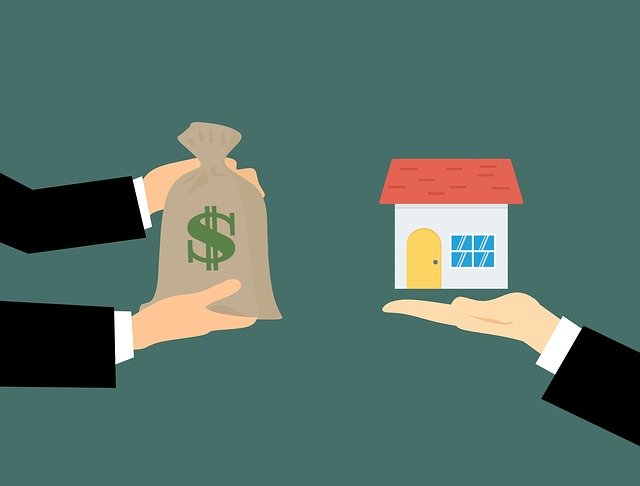When you have finally found your dream home, making an offer can be an exciting but nerve wracking step.
Luckily, there are some steps you can take that will make the entire process run smoothly, and feel reassured that your money is going into a safe investment.
Tips on Making an Offer on a House
Before submitting an offer
Research similar properties in the area
Look into the asking and sold prices of similar properties in the area (in terms of type and size). This enhances your understanding of the local market. Hopefully this will reassure you in knowing you are paying an appropriate price for your house.
Quick note: If you’re planning on buying a new house, you’ll likely need to sell your old house fast – if you need help with that make sure to look at We Buy Any House UK.
Have your finance, documents, and identification prepared
Before you begin your property search you should have an idea of where you are going to source your money. For example, through a mortgage, savings, equity from previous properties, or a loan. This should be documented, as this proves you have sufficient funds to purchase the property. You will be asked to show this.
With a mortgage, it makes sense to speak to your advisor and outline a mortgage agreement in principle. This is coupled to ensuring you have enough money to secure the deposit for the house. With this in place, sellers will look favourably upon your offer, already putting you ahead of the competition.
It is now a legal obligation for estate agents to perform customer due diligence checks on those attempting to buy property. Normally this involves asking you for some personal details, and checking your identification. Therefore, your driving license, and preferably passport are likely to be requested.
Prepare a bidding strategy
Potential buyers essentially have two strategies when it comes to preparing a strategy for bidding. On the one hand, you could make your initial offer the most you could offer for the property.
This states your stance as a serious buyer, and is useful when securing properties you really want. Opt for this when you want to avoid a drawn out negotiation strategy.
On the other hand, it can make sense to go in with a lower offer in an attempt to save some money. This has the added benefit of giving you some space to negotiate with the sellers in the event you cannot agree on a price.
Be prepared to use both of these strategies depending on the property, and make sure to take your position into consideration. If you are in a rush to move for example, the first strategy is better. Make sure that you don’t offer more than the property is worth, or more than you can afford.
Making an offer


Usually this is done by calling your estate agent, or going into their office.
However, it is also wise to have the offer in writing so that it is on record, usually this is done through email.
If you have taken the steps above then you will be well prepared for any questions they might have, such as where the money is coming from and how quickly you are able to proceed with the transaction.
Most buyers find this to be the most stressful part of the process of buying a house, but it doesn’t have to be. There are some simple steps you can take to guarantee that your offer is taken seriously.
State your position
First time buyers really stand out to sellers, as they have no chain. In the event that the seller is looking to move soon and you are in this position, be sure to make it clear since this can make you stand out from others that have made offers.
Build relationships
By forming a good relationship with your estate agent, you are more likely to be in the know than other potential buyers. Not only will they offer you good advice, but they might give you priority over others in terms of viewings. This is best done face-to-face rather than over the phone, so that they are able to put a face to your name and remember you.
Act fast
The property market is ever moving, and acting fast will help ensure you get what you want. Sellers are often busy, and will usually just show interest in people that can prove they are proactive. If you feel confident about a property then do not hesitate. Get a viewing in as soon as possible and prove that you are a serious contender
Name your price
A bit of back-and-forth negotiation with a seller is normal and expected when buying a property. However, if you start with too low a price, expect to meet some resistance and tension. This can paint you in a negative light in the eyes of the seller. It would be a shame to lose your dream house over something that is preventable.
After the offer is accepted
Congratulations! Many buyers are pleased to know that once the offer is accepted then the most stressful part is over. However, it is important to remember that nothing is legally binding until contracts have been exchanged between you and the seller.
There is always a risk that the seller could take the property off the market and back out, or even that someone comes in with a higher offer at the last minute. Luckily, the chances of this are slim and can be reduced further by contacting the seller and requesting the property is taken off the market.
Ensure that you set a realistic target date for exchanging the contract, and maintain good relations with your estate agent. It is important to stay in the loop to ensure things are progressing smoothly.
The bottom line
Ultimately, buying a property can be stressful, but there are always actions that can be taken to ensure the process works in your favour. The most important thing is to stay aware and be proactive. Good luck and happy house hunting!
